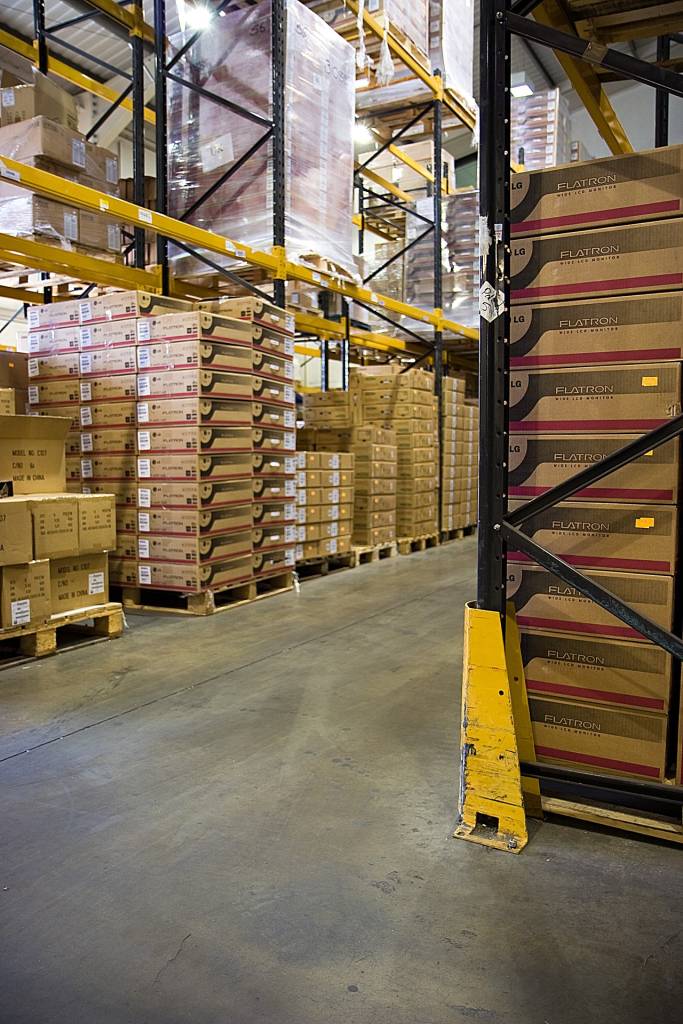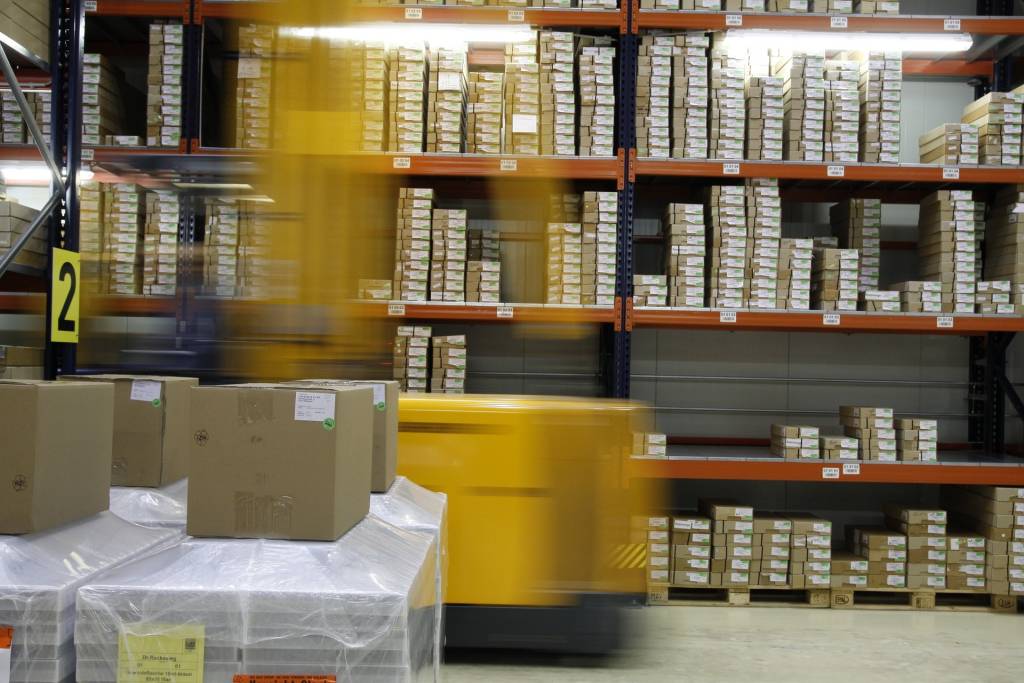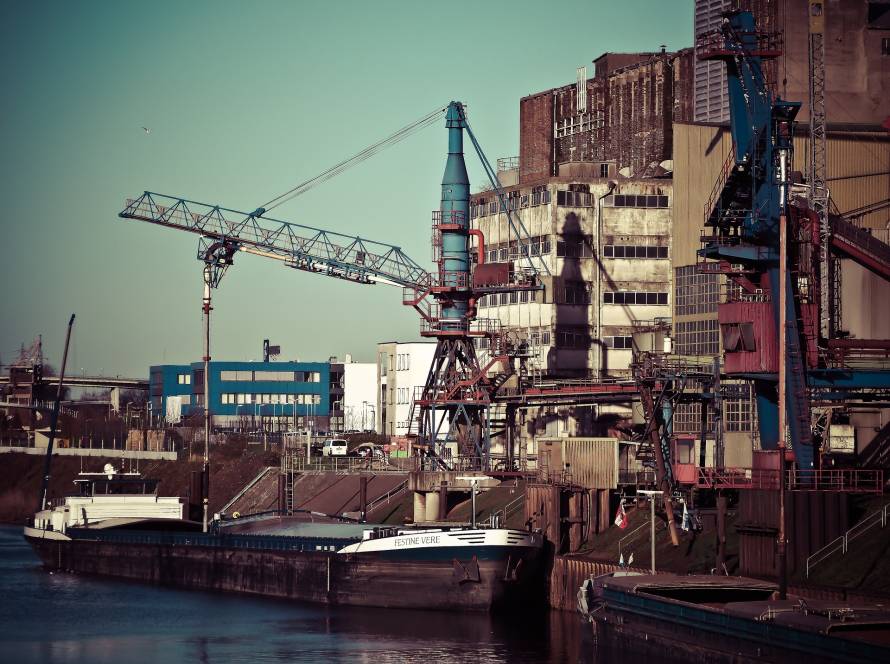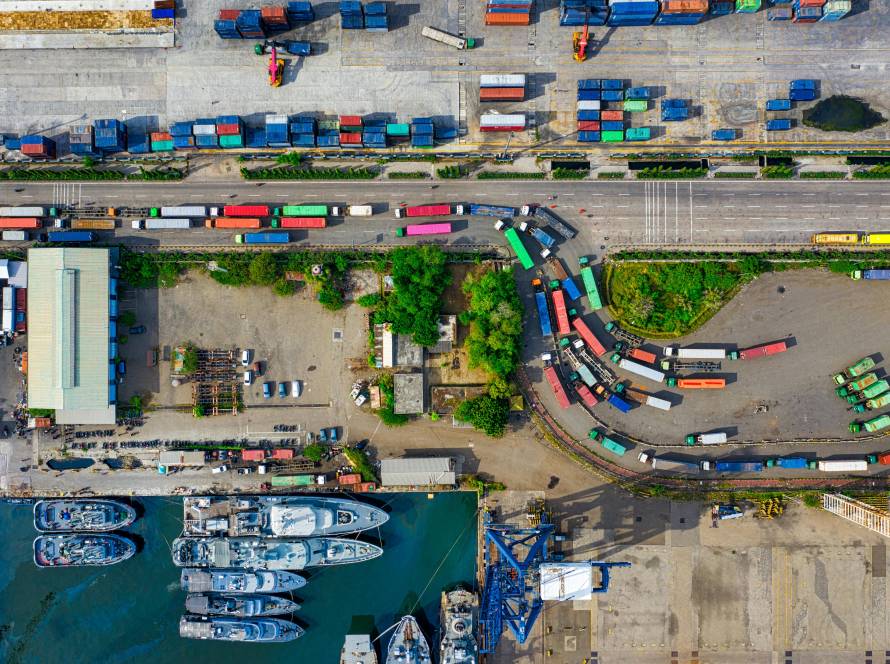The life of a cargo handler is a blend of action, responsibility, and precision. These unsung heroes of the logistics industry ensure that goods of all shapes, sizes, and values are safely moved from point A to point B. It’s a job that requires focus, strength, and attention to detail—all while working in dynamic and sometimes high-pressure environments.
Morning: The Day Begins with Organization
A cargo handler’s day often begins early, with a briefing about the shipments scheduled for the day. This includes reviewing the manifest, understanding the types of cargo being handled (fragile, hazardous, or oversized), and planning the best approach to load and unload efficiently.
Once the tasks are clear, the team gears up—donning safety equipment like high-visibility jackets, gloves, and steel-toed boots. The morning may involve inspecting equipment such as forklifts, conveyor belts, and pallet jacks to ensure everything is operational and safe.
“A smooth day starts with preparation. Knowing what’s coming and being ready for it is half the battle.” – Kevin Smith, Cargo Operations Specialist
Midday: The Heart of the Action
The bulk of a cargo handler’s day is spent moving shipments. This could involve:
- Loading and Unloading: Coordinating with drivers and operators to safely load or unload cargo onto trucks, planes, ships, or trains.
- Sorting and Scanning: Using technology to track and organize shipments, ensuring they’re headed to the correct destination.
- Problem Solving: Addressing challenges like damaged goods, last-minute changes, or logistical delays.
Every move requires precision. Cargo handlers must account for weight distribution, stacking strategies, and securing items to prevent damage during transit. For perishable or hazardous goods, extra care is taken to meet regulations and ensure safety.
Afternoon: Monitoring and Final Checks
As the day progresses, attention shifts to monitoring shipments that are en route or preparing for the next round of arrivals. This involves communicating with logistics coordinators, updating tracking systems, and double-checking that all cargo meets its requirements.
Cargo handlers are also responsible for maintaining safety protocols. From ensuring proper lifting techniques to monitoring environmental conditions (like temperature-controlled areas), they play a key role in preventing accidents and maintaining quality.
The Challenges and Rewards
While the job is physically demanding and requires constant attention to detail, cargo handlers find fulfillment in the critical role they play in the supply chain. They know that their work directly impacts businesses, consumers, and industries worldwide.
“Every package tells a story, and as a cargo handler, you’re part of that journey. It’s rewarding to know you’ve contributed to something bigger.” – Kevin Smith
Looking to the Future
With advancements in automation, robotics, and artificial intelligence, the role of a cargo handler is evolving. While technology streamlines certain tasks, the human touch remains irreplaceable when it comes to problem-solving, ensuring safety, and maintaining quality.
As global trade continues to grow, cargo handlers will remain an integral part of the logistics ecosystem, balancing the excitement of a fast-paced job with the responsibility of safeguarding the world’s goods.
“A day in the life of a cargo handler is never dull—it’s where hard work, precision, and responsibility come together to keep the world moving.”





